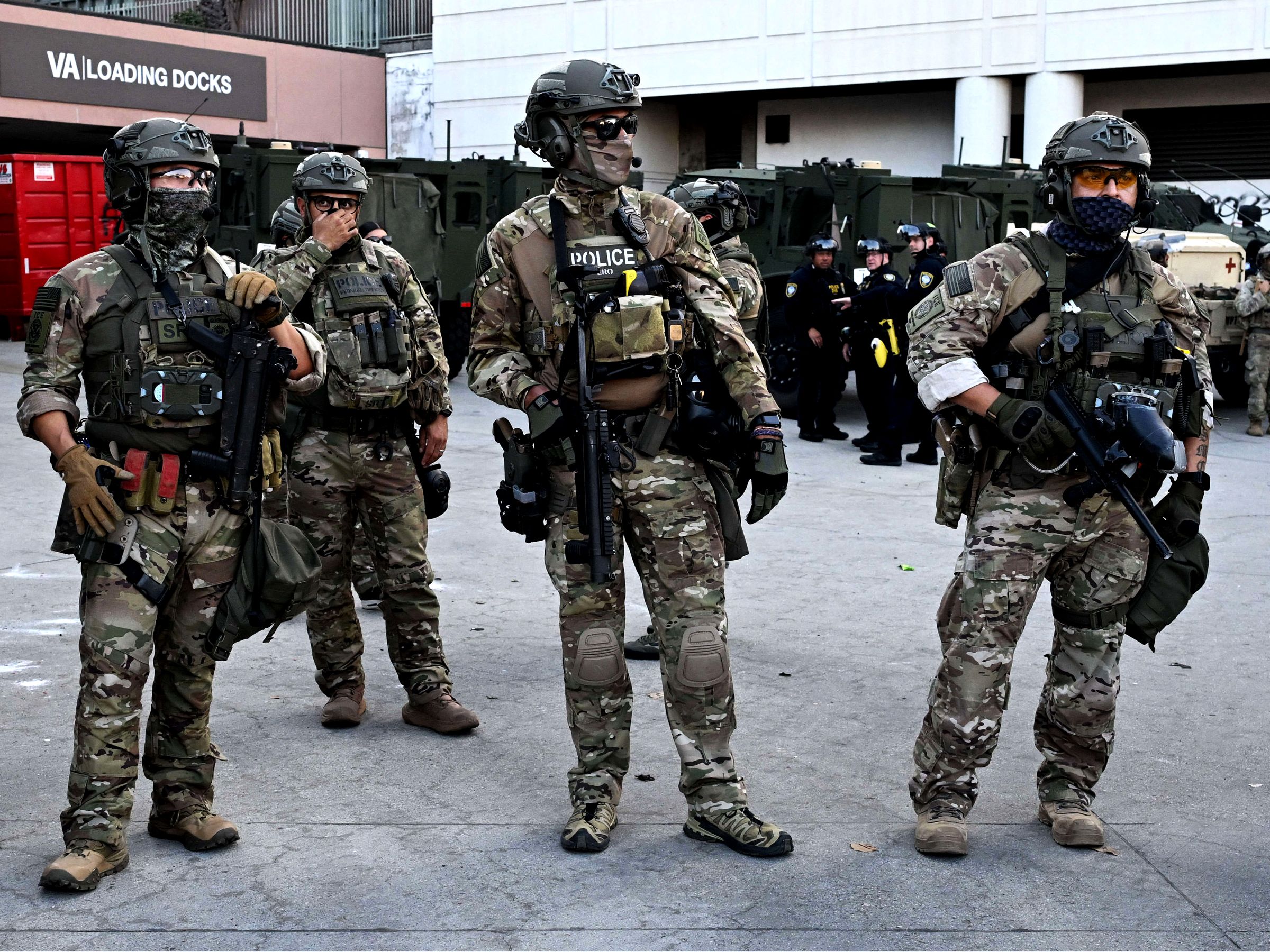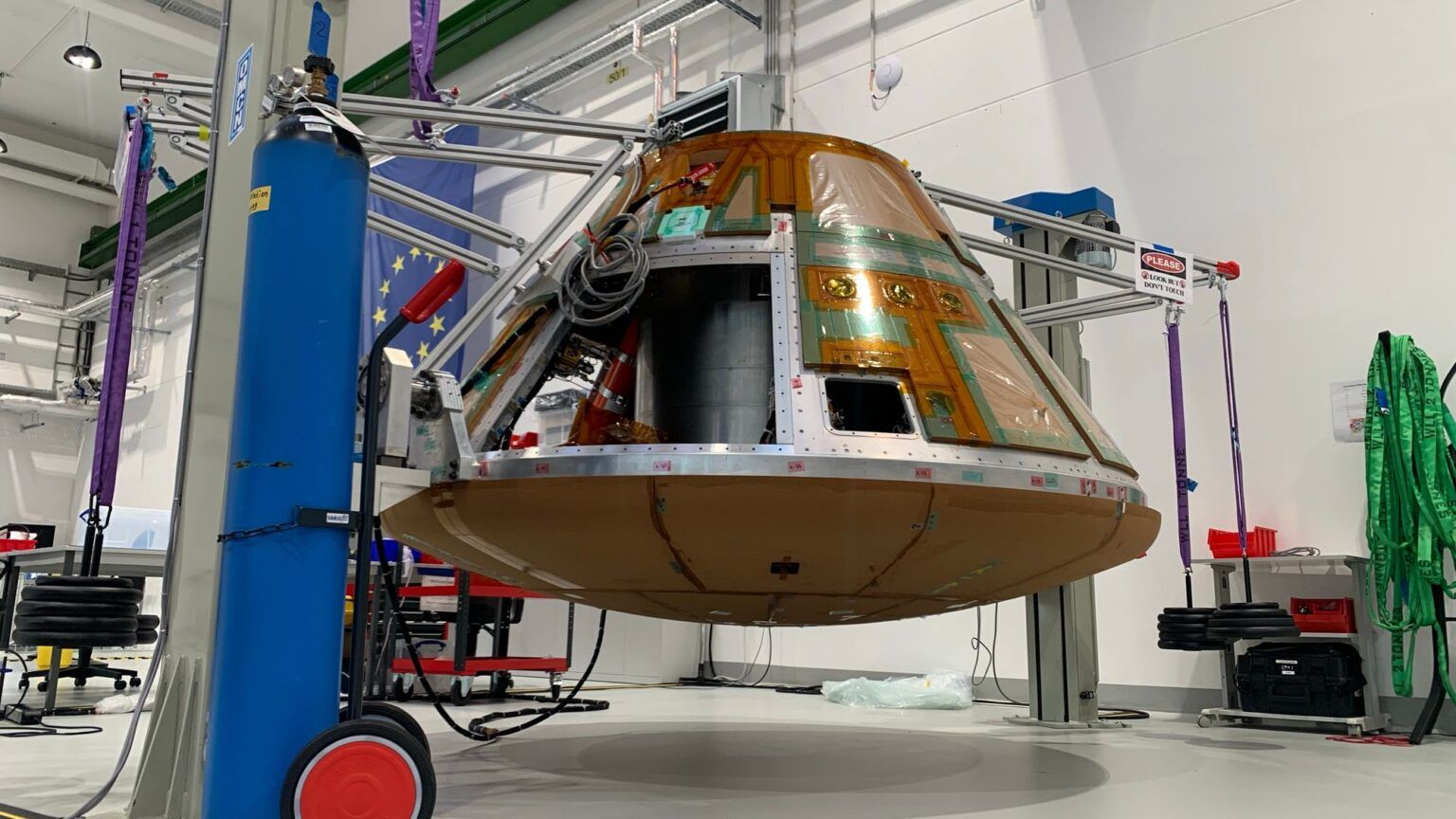Taiwan Is Rushing to Make Its Own Drones Before It’s Too Late
Taiwan Is Rushing to Make Its Own Drones Before It's Too Late
In recent years, Taiwan has been facing increasing challenges in the realm of national defense. With tensions...

Taiwan Is Rushing to Make Its Own Drones Before It’s Too Late
In recent years, Taiwan has been facing increasing challenges in the realm of national defense. With tensions rising in the region, the need for advanced military capabilities has become more pressing than ever. One area that Taiwan has identified as crucial for its defense strategy is the development of drone technology.
While Taiwan has traditionally relied on other countries for its drone needs, recent geopolitical shifts have made the country wary of being overly dependent on external sources. As a result, Taiwan has launched an ambitious program to develop its own drone technology in order to strengthen its national defense capabilities.
The Taiwanese government has allocated significant funding towards this initiative, with the goal of building a robust domestic drone industry. This includes investing in research and development, as well as providing support for local companies looking to enter the drone market.
One of the key advantages of developing its own drone technology is that Taiwan will be able to tailor the drones to its specific needs and requirements. This level of customization can provide significant advantages in terms of surveillance, reconnaissance, and other military operations.
Furthermore, by developing its own drones, Taiwan can reduce its reliance on foreign suppliers, thereby increasing its self-sufficiency and reducing the risk of supply chain disruptions in times of conflict.
However, Taiwan is also facing challenges in its drone development efforts. One major obstacle is the lack of a well-established drone industry in the country, which means that Taiwan will need to build up its capabilities from scratch.
In addition, Taiwan will need to compete with other countries that have more advanced drone technology, such as the United States and China. This will require significant investment and effort on Taiwan’s part in order to catch up and remain competitive in the global drone market.
Despite these challenges, Taiwan remains committed to developing its own drone technology as a key component of its national defense strategy. With tensions in the region showing no signs of abating, the need for advanced military capabilities is only likely to grow in the coming years.
For Taiwan, making its own drones is not just a matter of national pride, but a strategic imperative in order to safeguard its security and sovereignty in an increasingly uncertain world.




